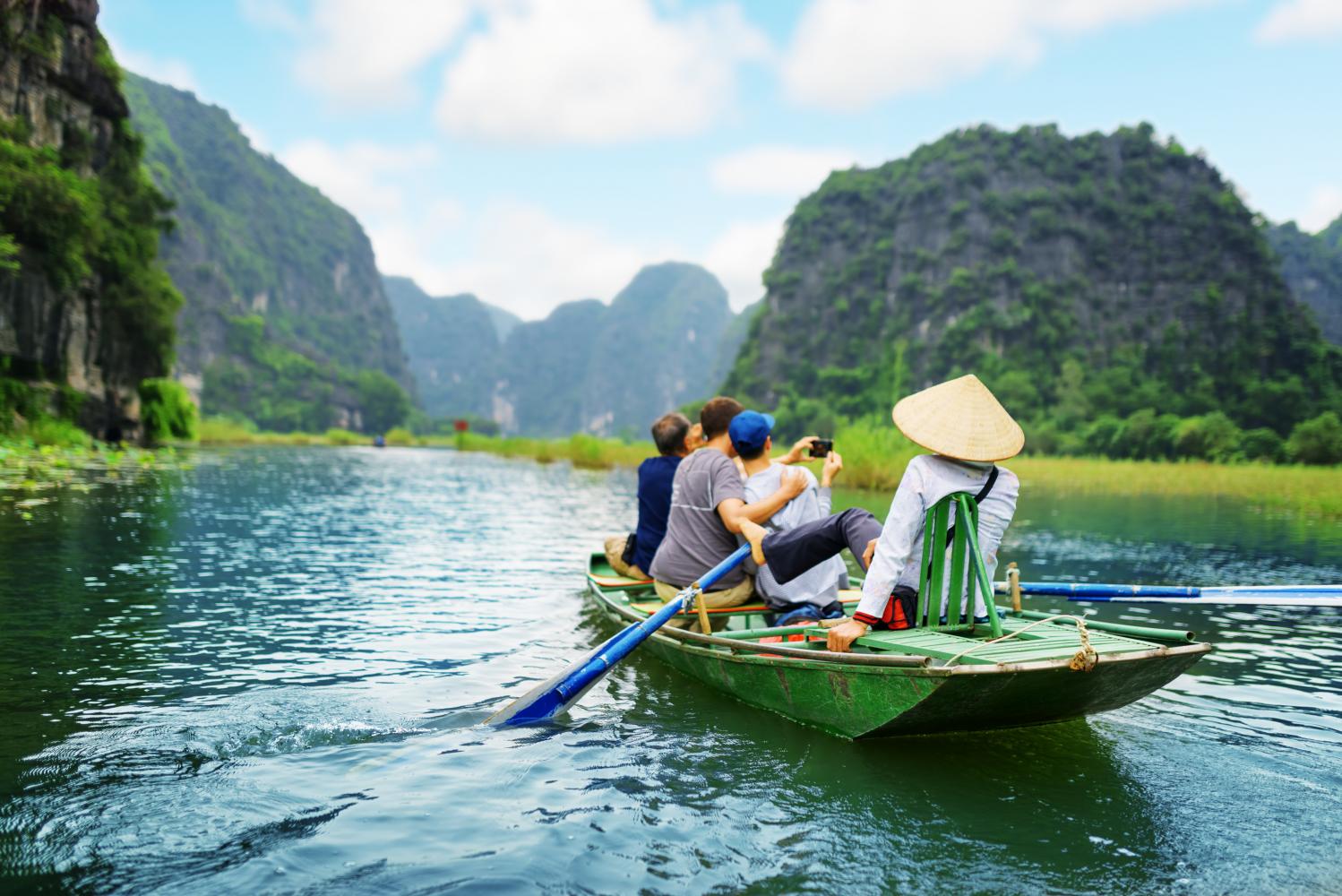
Nearly two years after Covid-19 emerged at the end of 2019, several countries are moving away from zero-Covid strategies towards living with the virus in order to revive their economies.
Some countries in Asia Pacific, which have had some of the world's strictest border controls and quarantine rules during the pandemic, are starting to loosen travel curbs and open selectively for vaccinated international travellers.
Most tourists, however, are approaching their travels differently compared to pre-Covid times. Leisure travellers, particularly those from Asia Pacific, will continue to explore domestic destinations through 2022 as shorter, safer trips become the preferred mode of post-Covid travel, recent research from Visa has found.
Over half (53%) will make extra effort to book accommodation that is safe and quality assured, while 44% are planning to carry more cards so they can use contactless and digital payments to avoid touching cash, says the US-based global leader in payment technology.
The Visa Voice of the Consumer research study sought out the opinions of potential tourists in 14 markets -- Japan, China, India, Australia and six Asean countries. It found that two in five (42%) of the respondents are planning to avoid crowded tourist spots.
"Throughout Asia Pacific, it's clear that caution remains among the public when it comes to travel, and there is a strong preference for safety and familiarity," said Suripong Tantiyanon, country manager for Visa Thailand.
The desire for safety extends to the way people are choosing to pay for goods and services.
"Cashless is no longer a matter of convenience," he said. "In the post-Covid era, digital payments are synonymous with confidence, safety and recovery. It will be interesting to see how digital payments can play a vital role in the recovery of domestic and international tourism as consumers take extra steps to ensure health and safety."

The top destinations for overseas leisure travel in Asia Pacific is Japan (18%), followed by Australia (14%). China, India, and South Korea were tied for third place, said the survey, which was based on responses from 1,000 people each in China and India, 700 each in Japan and Indonesia, and 500 each in other countries.
Japan is also the top destination for leisure travellers from China, Taiwan, Hong Kong, India, Thailand, Singapore, the Philippines and Vietnam. Australia ranks first among Japanese and South Korean travellers. Malaysian tourists prefer China while most Indonesians love India, the survey found.
For business-related trips, Australia and China rank first and second, with shares of 12% and 9%, respectively, followed by Japan at 7%. Singapore and India had 6% each.
Consumers are eager to visit local attractions and go on staycations -- feeling safer within the borders of their own country. Vaccination status and macro environmental factors will dictate the future of travel -- with consumers comfortable to travel if vaccinated, in areas where the Covid situation is well-controlled, the regional report pointed out.
As many as 51% of Thai respondents are likely to take a leisure trip within Thailand within the next year, while 23% plan to travel overseas. When it comes to the top overseas travel destinations, the majority of Thai travellers are keen to visit Japan, followed by China, Australia, South Korea, Canada and France.
The research also found that the top three factors that will make Thai travellers comfortable about travelling again are having received a vaccination (67%), a reduction of global Covid infections (55%), and having Covid insurance (41%).
"Businesses in destinations across Thailand should consider these aspects when welcoming tourists back, whether they are from within Thailand or overseas, and ensure visitor safety at every level, and this includes payments," Mr Suripong pointed out.
"During the pandemic contactless payment has seen significant growth due to its speed, convenience and safety. It's important that businesses continue to meet consumer expectations as travel recovers."
When asked about their appetite for travel, nearly half (48%) of the respondents said they were keen to travel within a bubble but not in the immediate future. Meanwhile, one-third (33%) said they were keen to travel as soon as possible when a travel bubble is available, and the remainder said they were not interested in travel bubbles.
While there is moderate interest in travel bubbles, consumers are willing to wait for conditions to stabilise prior to venturing outside of their home countries, the report concluded.